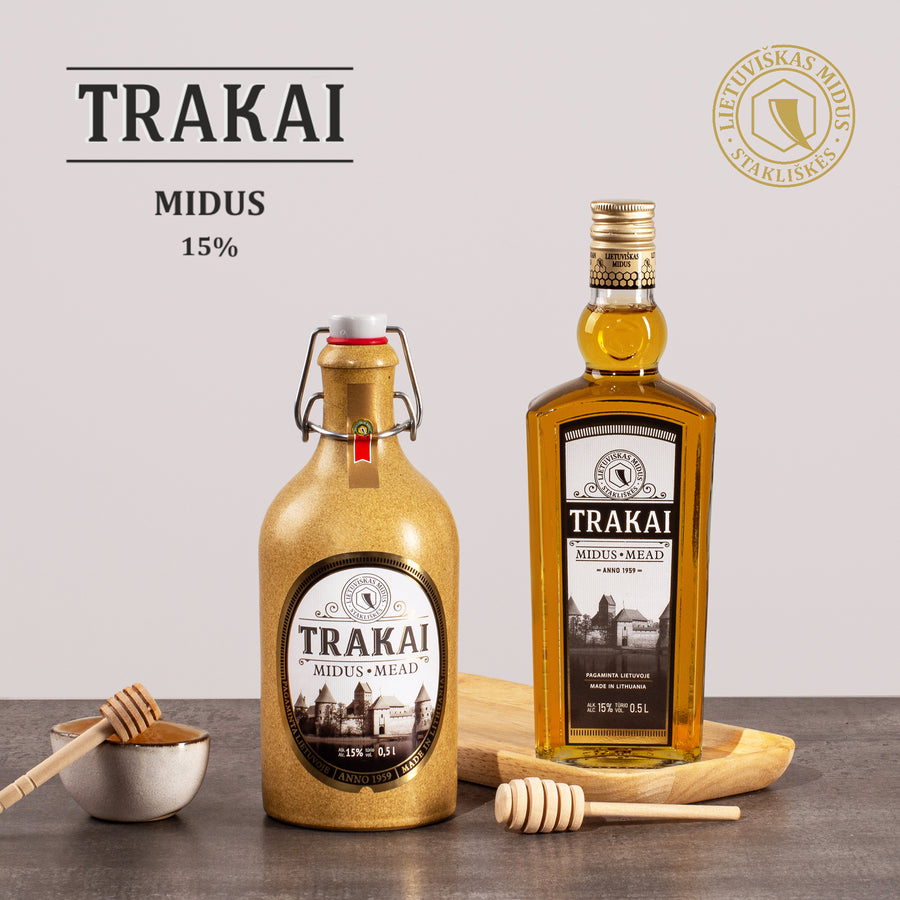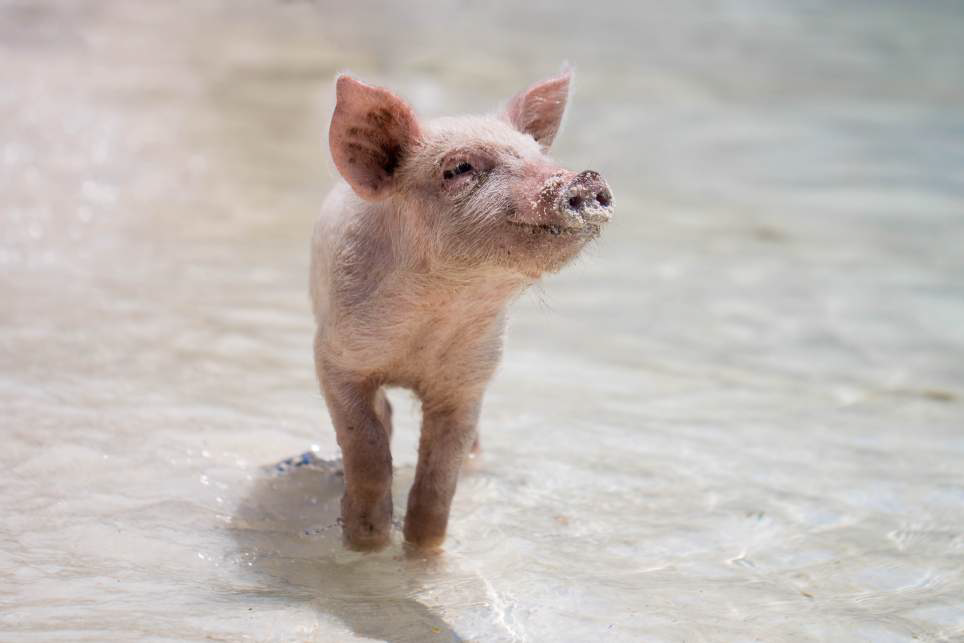Definition of "Vegan"
Veganism is a value and way of life that eliminates exploitation and abuse of animals for food, clothing, and other purposes as much as possible.
In a broad sense, the use or promotion of non-animal alternative products for the benefit of animals, humans and the environment.
With regard to food, practice the elimination of all products that are wholly or partly based on animals.
There are many ways to adopt a vegan lifestyle. What all vegans have in common is a plant-based diet, which eliminates the intake of animal products such as meat products including seafood and insects, dairy products, eggs, honey, and materials made from animals. Eliminate animal-tested products and recreational facilities that use animals.









vegan history
The vegan diet was defined in the early days of the Vegan Society in 1944, but it wasn't until 1949 that the definition of vegan itself began to be debated.
"The idea of liberating animals from human exploitation" was first presented as the definition of veganism, later "seeking an end to the use or exploitation of animal life for food, industry, labor, hunting, dissection, and all other purposes." It was changed to "to do".
The Vegan Society was originally registered as a charitable organization in August 1964, but later moved to a new charitable organization and became a limited company in December 1979.
The definition of vegan and the object of charity have been revised and improved over time. The current definition came into use in the winter of 1988, but there were still occasional minor revisions to the wording.
So what do vegans eat?
Vegans do their best. A whole new world of food and taste will open up before you.
A vegan diet consists of a wide variety of fruits, vegetables, nuts, grains, seeds and legumes in endless combinations that never get boring.
From curries to cakes, pies to pizzas, your favorite meals can be made vegan by substituting plant-based ingredients.
Veganism isn't just about food
Eliminating animal exploitation for any purpose and having compassion for animals is one of the main reasons why many people choose a vegan lifestyle.
From accessories and clothing to cosmetics and shampoos, products made with or tested on animals are found in more places than you can imagine.
Fortunately, there are now readily available and inexpensive alternatives in most cases. With more than 60,000 products registered under the Vegan Trademark alone provided by the Vegan Association, it can be said that veganism is easier than ever.
Other aspects of veganism
medicine
Animal testing is now mandatory before any drug in the UK can be determined to be safe for human use. However, the Vegan Society does not recommend eliminating medical treatments or medications prescribed by a doctor. There is no such thing as a vegan with dead eyes.
The best thing you can do is ask your doctor or pharmacist for remedies that are free of animal products such as gelatin and lactose whenever possible.
charitable medical work
If you run a medical charity, you may want to know if the charity tests on animals.
There are many charities that do not test on animals, and many vegans like to donate to organizations that are looking for alternative tests.
entertainment
Vegans do not take choices that promote animal exploitation. Therefore, they do not go to zoos or aquariums, and do not participate in dog races or horse races.
An alternative to such entertainment is visiting or assisting an animal sanctuary that provides a safe and resting home for rescued animals.
There are hundreds of thousands of vegans around the world. ~With you, we live so powerfully~
Why are you going vegan?
for animals
Preventing animal exploitation is not the only reason to go vegan, but it is an important factor in the decision to go or stay vegan.
If we understand that all sentient beings have the right to life and freedom, treating animals with compassion may be the catalyst for choosing veganism.
Details aside, avoiding animal products is an obvious first step in taking action against animal cruelty and exploitation.
for health
A well-planned vegan diet follows healthy eating guidelines and provides our bodies with the nutrients they need.
The British Dietetic Association and the Academy of Nutrition and Dietetics recognize that a vegan diet is good for the body, regardless of age or health.
Research has shown that a vegan diet lowers blood pressure and cholesterol levels, as well as lowers your chances of developing heart disease, type 2 diabetes, and cancer.
Going vegan is a great way to learn about nutrition and cooking and improve your eating habits. Getting the nutrients you need from plant-based foods gives you health-promoting options like grains, fruits, nuts, seeds and vegetables that are packed with fiber, vitamins and minerals.
for the environment
From recycling trash to commuting by bike, we all understand living green. One of the most effective ways to reduce your carbon footprint is to avoid animal products. This is not a "cow fart problem"!
Why are meat and dairy products bad for the environment?
The production of meat and other animal products places a heavy burden on the environment, from the consumption of feed grains and water, to the transportation that occurs between farm to table processes.
Tremendous amounts of grain are required for the production of meat products, contributing to untold amounts of deforestation, animal extinction and habitat loss.
In Brazil alone, 5.6 million acres (about 22,000 square kilometers) of land are grown soybeans for animal feed consumed in Europe.
The existence of such land forces poor people to farm feed crops instead of growing their own food, contributing to malnutrition around the world.
On the other hand, maintaining a vegan diet requires an incredibly small amount of crops and water. Choosing veganism is an easy, fun and impactful way to reduce your environmental impact.
for the same person
Veganism is the best option if you care about the global environment. A plant-based life can be said to be a sustainable way of life for humans. Plant-based diets use one-third less land on the planet than those who consume animal products such as meat and dairy.
With growing concern over food and water security around the world due to a host of environmental and socioeconomic issues, the demand for a sustainable way of life has never been greater.
Avoiding animal products is not only an easy way to reduce wastage of food and other resources, it is also the easiest way to improve the inefficient food system that disproportionately afflicts poor people around the world. It's the way.
Why can't I be a vegetarian?
The exploitation of animals in the dairy and egg manufacturing industries may be less publically known than in the animal husbandry industry.
Dairy production requires the sacrifice (death) of numerous male calves that are not needed in dairy farming. Many cows with reduced milk production are slaughtered and die prematurely.
Similarly, when it comes to egg production, male chicks that don't even need ethical and free range eggs are killed the day they are born.
Ethical meat?
We want to believe that the meat we eat is ethical. You would want to believe that the animals lived happy lives and felt no pain or fear at the slaughterhouse.
But the sad reality is that all living things, even those labeled free-range or organic, fear death just like we do.
All creatures experience the same fear of death at the slaughterhouse, regardless of how they were treated in life.
good news
The good news is that we can do something about it. You can choose to help these animals when shopping at a store or ordering at a restaurant.
Any time you switch from an animal product to a vegan product, you make a choice to protect these animals.
Many people of all walks of life and professions have realized the benefits of going vegan, and with a gradual trend, going vegan has never been easier.
Let's ask ourselves. If it were possible to eat better, live healthier, reduce our carbon footprint, and avoid killing our own non-humans, why not?
More from
>
Vegan
















